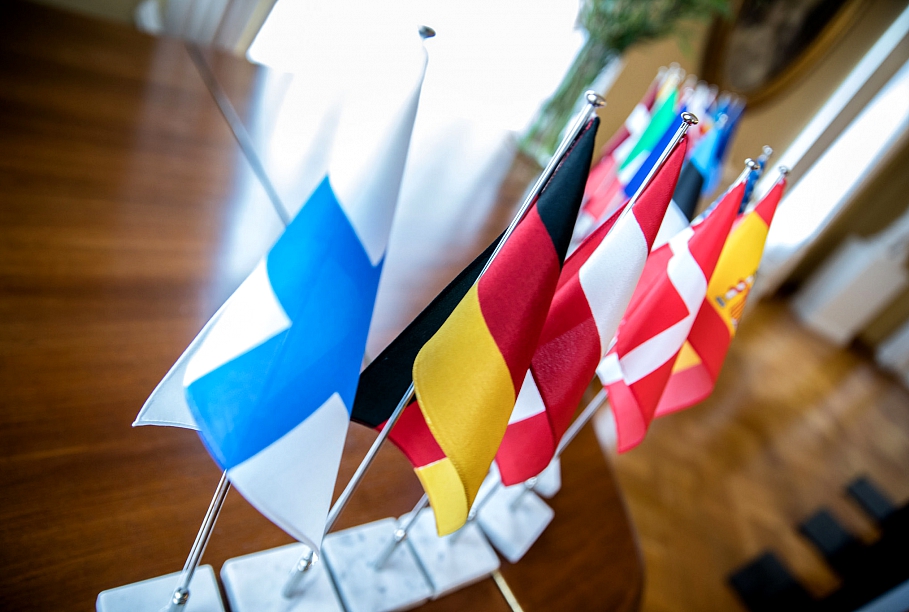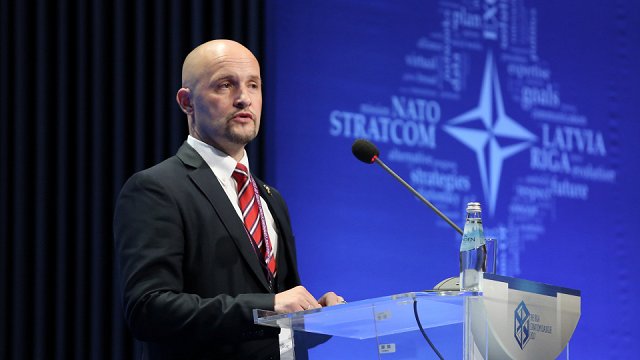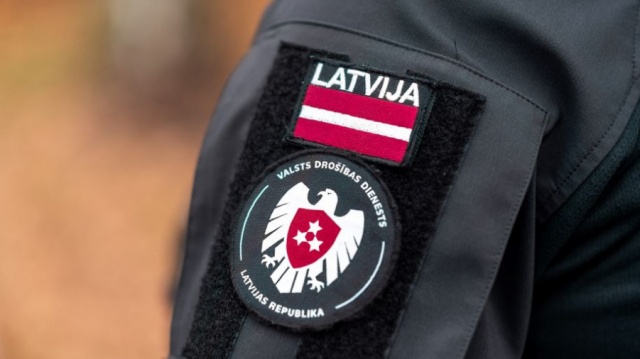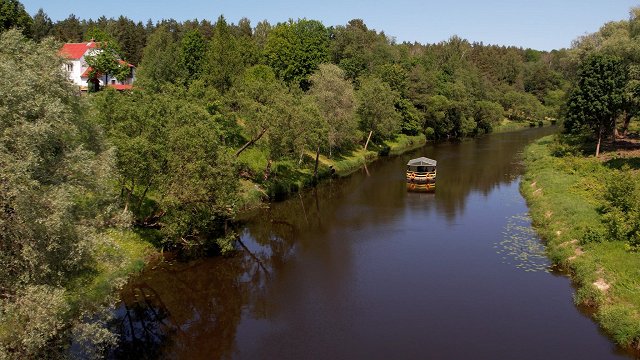A Memorandum of Understanding for establishing the European Center of Excellence for Countering Hybrid Threats was signed in Helsinki, Finland, on 11 April, in the presence of Finland's Foreign Minister Timo Soini, and representatives from the European Union and NATO.
The signatory states were Finland, France, Germany, Latvia, Lithuania, Poland, Sweden, the United Kingdom, and the United States of America.
According to NATO, the center will open "later in 2017" and "While not signatories themselves, NATO and the EU will participate actively in the Center’s activities."
"Countering hybrid threats is a priority for NATO, as they blur the line between war and peace - combining military aggression with political, diplomatic, economic, cyber and disinformation measures. NATO’s counter-hybrid strategy includes strengthened coordination with the European Union, and also involves our new Intelligence Division, more training and exercises, and our work to actively counter propaganda with facts," said a NATO press release.
#NATO welcomes opening of European Centre for Countering Hybrid Threats https://t.co/aeiQYnggiT pic.twitter.com/TiOeJecRvJ
— Oana Lungescu (@NATOpress) April 11, 2017
"The Center will engage in research and analysis, conduct practical training and provide consultations aiming to build resilience of the European countries against hybrid threats," said a release from the Latvian Foreign Ministry.
"The Center will be based in Helsinki and pool the efforts of the EU and NATO member state experts for joint action in raising awareness of and fighting against hybrid threats. The establishment of the Center is living proof of enhanced cooperation between the EU and NATO, and the Center is expected to develop contacts with NATO Centers of Excellence in the Baltic States," the statement concluded.
Riga already hosts the NATO Strategic Communications Center of Excellence while Tallinn has the NATO Cooperative Cyber Defence Center of Excellence and Vilnius the NATO Energy Security Center of Excellence. Despite their names, they are not actually NATO bodies but contribute expertise to the Alliance.
According to Finnish public broadcaster YLE, the annual budget of the center will be around €2 million.
"Participating countries will pay an annual member fee, but as the host country, Finland is expected to contribute the lion’s share of the budget," YLE said.
Information from the Finnish government gave a slightly lower estimate of the cost, at least to begin with, saying:
"The annual budget of the Center is at the initial phase around 1.5 million euros. Half of the budget is to be covered by membership fees (around 700,000 euros) and the host country will provide the other half (around 700,000 euros). As the host country, Finland will cover the costs for the premises and telecommunications and, in part, for human resources."
Therefore it could be expected that Latvia's contribution is likely to run into the tens of thousands of euros per year but be below €100,000.
Finland has been preparing the establishment of the Centre with 15 other countries and additional countries will sign the Memorandum at a ceremony in July after completing their national decision-making processes, the Finnish government said.




























